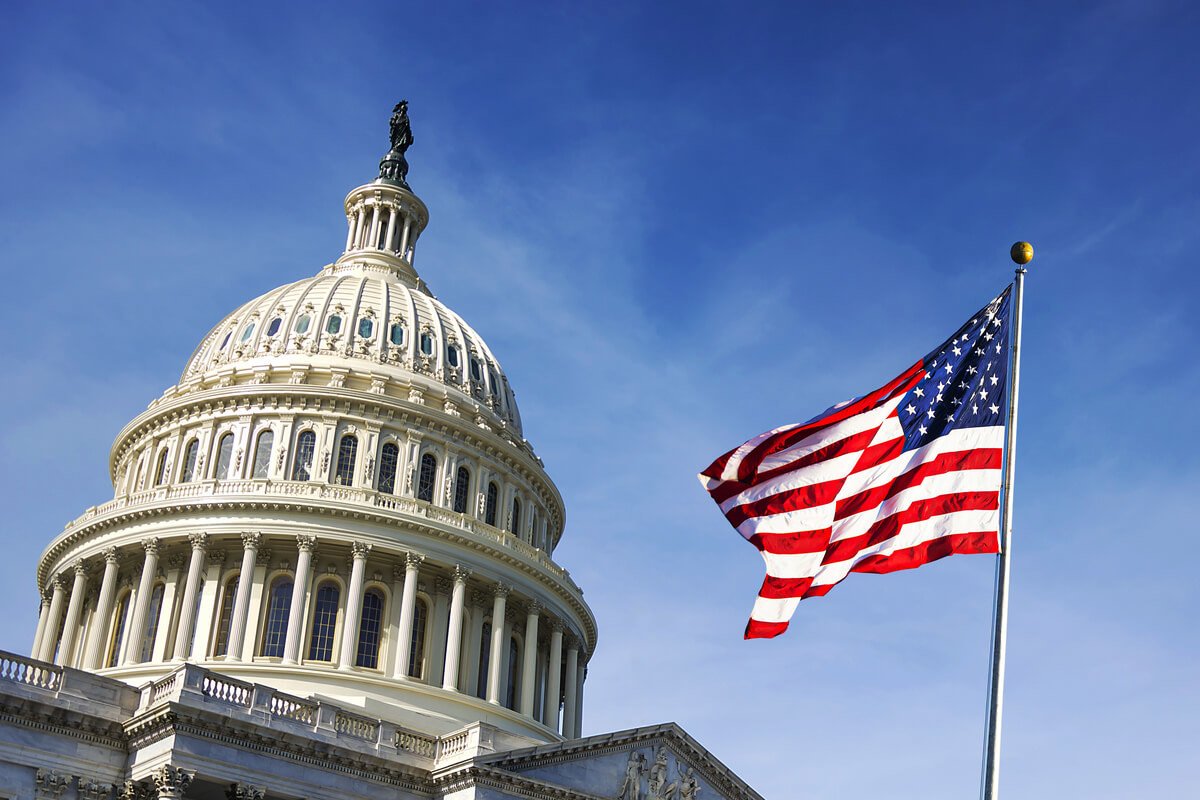DYdX Founder: Crypto Developers Could Benefit from Avoiding US Market – What’s Going On?

Antonio Juliano, founder of the decentralized exchange dYdX, has suggested that crypto developers forget about serving customers in the United States for the next five to 10 years due to a hostile regulatory environment.
In a recent X (formerly Twitter) thread, the crypto veteran encouraged crypto builders to focus on experimenting in other markets and return to the US when the time is right.
“It’s not really worth the hassle / compromises. Most of the market is overseas anyways. Innovate there, find PMF, then come back with more leverage,” he wrote.
[Serious tweet / hot take 🌶️]
— Antonio | dYdX (@AntonioMJuliano) August 25, 2023
Crypto builders should just give up serving US customers for now and try to re enter in 5-10 years
It’s not really worth the hassle / compromises. Most of the market is overseas anyways. Innovate there, find PMF, then come back with more leverage
Juliano’s remarks were centered around startups rather than well-established projects.
He argued that startups could experience faster growth and user adoption by prioritizing markets outside the US, which are often more receptive and less restrictive.
The lack of clear rules and regulations surrounding cryptocurrencies in the US has been a significant concern within the industry.
Regulatory ambiguity, particularly regarding the jurisdiction of the US Securities and Exchange Commission and Commodity Futures Trading Commission, has hindered crypto’s progress.
Juliano suggested that for the crypto sector to have more influence over US policy, it needs to grow further and amass substantial user bases.
And it is a big deal that Americans can’t or won’t be able to use much of this for the foreseeable future
— Antonio | dYdX (@AntonioMJuliano) August 25, 2023
I’m an American. I’m writing this from our office in nyc
And nobody around me can use our product that solves problems that have plagued crypto. It’s fucking ridiculous
Crypto Executives Weigh In On Discussion
In response to the controversial argument from Juliano, a number of crypto executives offered different perspectives.
Brian Armstrong, CEO of Coinbase, one of the leading cryptocurrency exchanges, said that progress in the US may happen sooner than expected.
“I see your point — but I think it will be better in a much shorter time. Probably by next year if I had to guess,” Armstrong responded.
He expressed confidence in the US’s ability to adapt and embrace cryptocurrencies.
I’m optimistic! And we’re helping our small part with policy too
— Antonio | dYdX (@AntonioMJuliano) August 25, 2023
I just think it’s different for startups vs scaled businesses. If you haven’t yet found strong product market fit the tradeoff to move faster & more freely seems worth the somewhat smaller market size
Evgeny Gaevoy, CEO of Wintermute, also weighed in on the discussion, aligning with Juliano’s view.
“Only I think it will be either 2-3 years if crypto is successful or never if it is not,” Gaevoy stated.
He added that crypto builders should focus on overseas markets initially, and the US may only become crypto-friendly after significant growth and adoption.
Nevertheless, Juliano also acknowledged the importance of crypto policy work in the US, recognizing that it takes time to influence policy and that much of the world follows the US’s lead.
He claimed that there is a need for crypto products with massive usage and strong user demand to shape policy decisions.
“Crypto not yet having world-scale usage/product market fit means we don’t yet have much influence in policy. We need to have products with massive usage where users say, ‘wait, I need this,'” Juliano stated.
It is worth noting that the regulatory ambiguity in the US has forced crypto companies to explore other markets such as the UK and Brazil, where regulations are clearer.
Coinbase is already expanding its global virtual currency footprint aggressively with operations in Germany, Ireland, Italy, and the Netherlands.
The company is also considering a potential move to the UK and Dubai for a friendlier regulatory environment.
Likewise, Binance is doing what it can to be regulated in the UK despite a ban on the company by the UK regulator last year.




